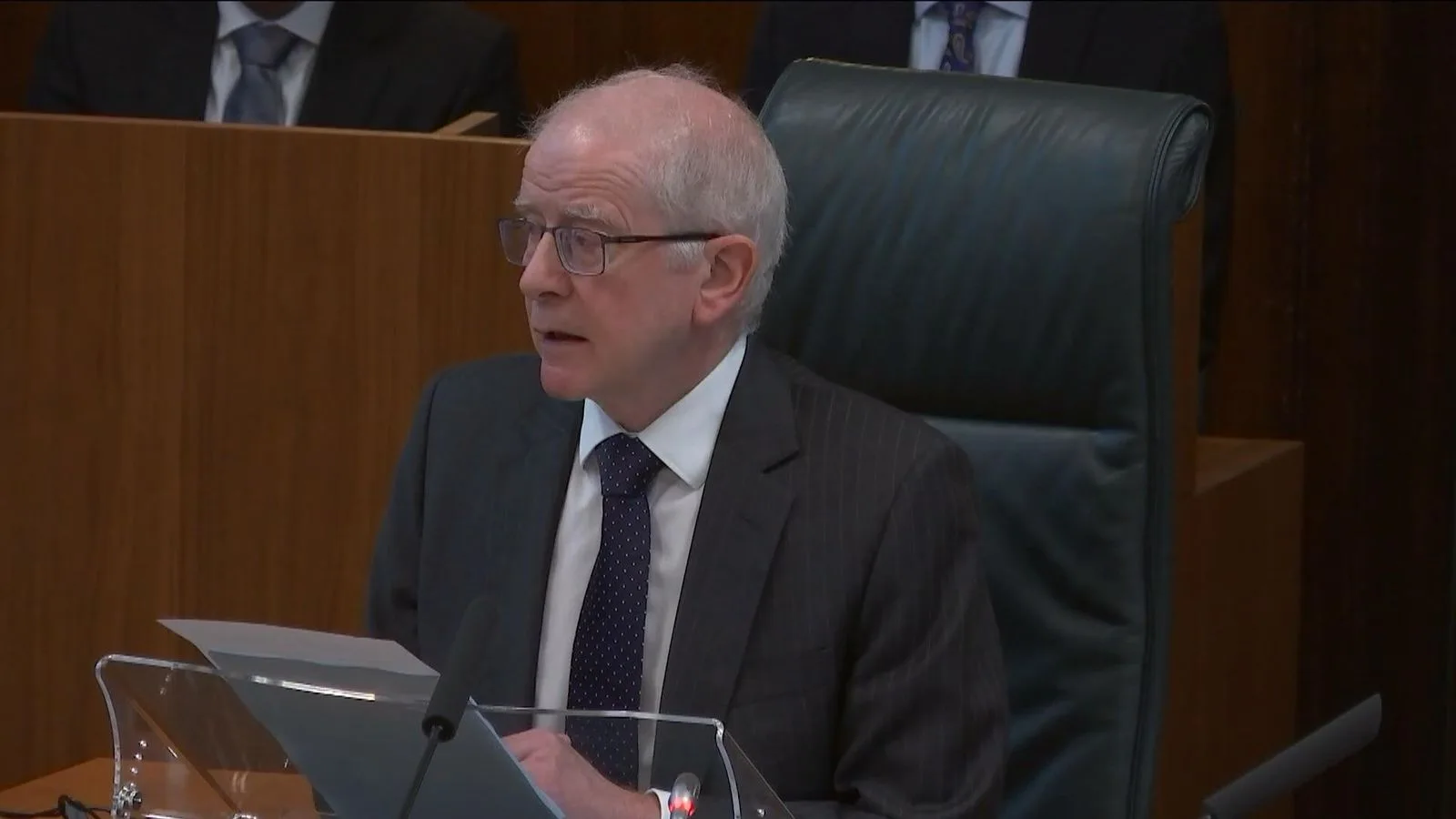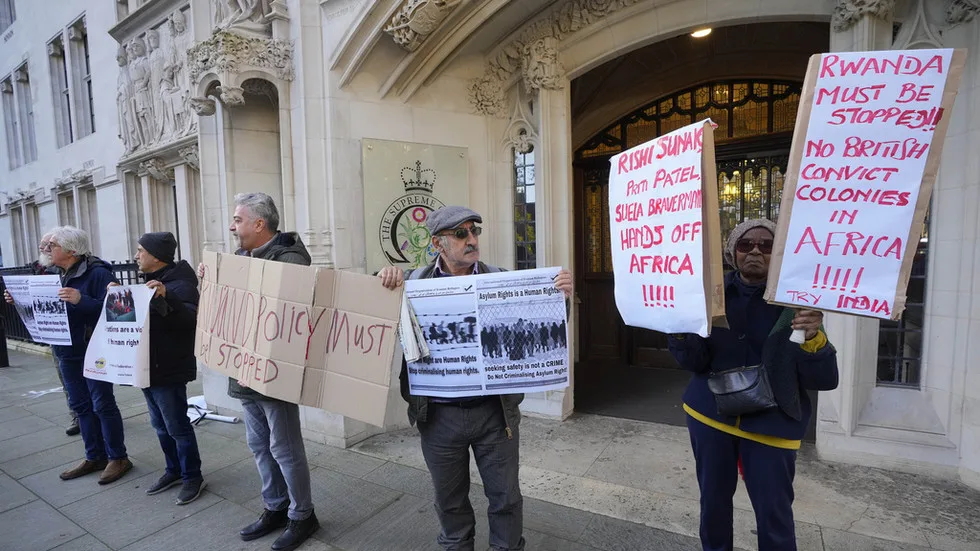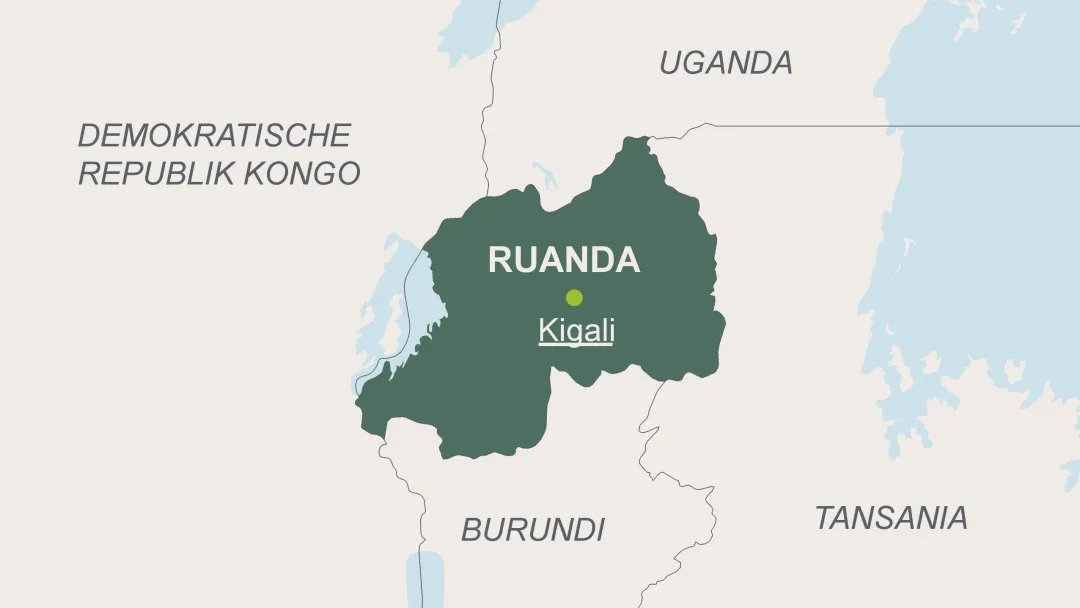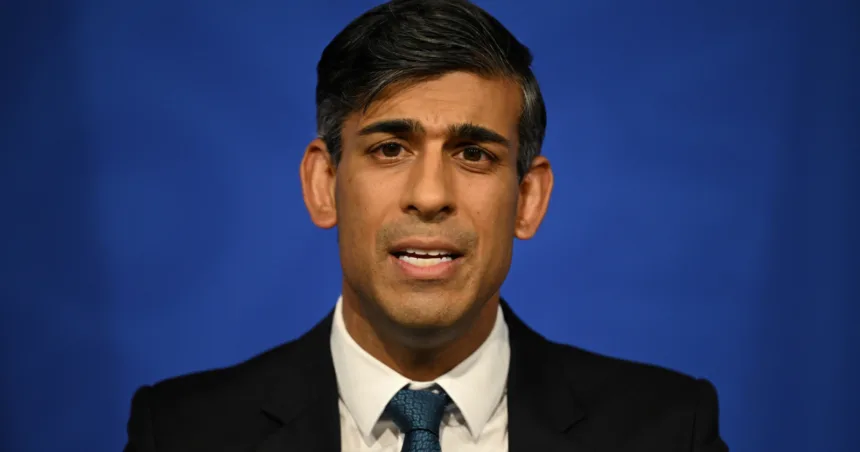Introduction
In a pivotal decision, the Supreme Court has rejected the appeal by Rishi Sunak’s Home Secretary to maintain the controversial Rwanda scheme proposed by the conservative government. This scheme aimed to address the issue of Asylum Seekers arriving in Britain, proposing to relocate them to Rwanda with a set of three choices. The court’s decision has far-reaching implications, sparking legal controversy, political opposition, and condemnation from human rights groups. This article delves into the details of the Supreme Court’s ruling, the controversies surrounding the Rwanda scheme, and the potential future developments.
The Supreme Court’s Verdict


The Supreme Court’s rejection of the Rwanda scheme appeal signifies a definitive stance on the proposal. The court highlighted a crucial flaw in the agreement with Rwanda, emphasizing the absence of guarantees preventing individuals sent to Rwanda from being further relocated to a third country against their will. This formed the basis for the rejection, with the court expressing concerns about potential violations of international law.
Revisiting the Legal Landscape
While the Supreme Court’s ruling specifically addresses the inadequacy of guarantees in the Rwanda agreement, it stops short of deeming the fundamental principle of relocating individuals to another country as illegal. This opens the door for the government to explore revisions to the agreement with Rwanda and potentially seek similar agreements with other countries. The precision of the law’s wording leaves room for legal maneuvering, prompting the government to consider reviewing both the Rwanda agreement and domestic laws.
Rishi Sunak’s Government’s Response and Future Considerations


Following the Supreme Court’s decision, the government expressed its intention to review the agreement with Rwanda. The possibility of incorporating guarantees from the Rwandan government to ensure Asylum Seekers won’t be involuntarily relocated to another country remains under consideration. Additionally, the government may explore changes to domestic laws, possibly withdrawing from the European Convention on Human Rights.
Potential Reopening of Legal Arguments
The rejection of the appeal, while a legal conclusion for now, doesn’t necessarily mark the end of the matter. The government’s indication of reviewing the Rwanda agreement and potential revisions introduces the possibility of reopening legal arguments. If guarantees can be secured to satisfy the Supreme Court’s concerns, the entire legal discourse may see a resurgence.
Insights and Future Prospects


As the government navigates the aftermath of the Supreme Court’s decision, the focus on securing guarantees in agreements becomes paramount. Exploring alternative arrangements with other countries may be a strategic move, aligning with legal requirements and addressing human rights concerns. The long-term trajectory involves a careful balancing act between immigration policies, legal obligations, and international relations.
Frequently Asked Questions (FAQs)
What was the basis for the Supreme Court’s rejection of the Rwanda scheme appeal?
The Supreme Court rejected the appeal due to the lack of guarantees in the agreement with Rwanda, raising concerns about the potential involuntary relocation of Asylum Seekers to a third country.
Does the Supreme Court ruling declare the entire principle of relocating individuals from Britain illegal?
No, the ruling specifically points out the deficiency in the Rwanda agreement but does not categorically declare the principle of relocation as illegal. This leaves room for potential revisions and legal reviews.
What steps is the government considering after the Supreme Court’s decision?
The government is actively exploring a review of the agreement with Rwanda, aiming to incorporate guarantees that satisfy the concerns raised by the Supreme Court. Additionally, changes to domestic laws are under consideration.
Could similar agreements with other countries be on the horizon?
Yes, the government is contemplating having similar agreements with other countries that can provide the necessary guarantees, addressing the legal nuances highlighted by the Supreme Court.
How does the rejection impact Asylum Seekers in Britain?
The rejection introduces uncertainty for Asylum Seekers, as the proposed scheme is currently in limbo. The government’s review of agreements and potential policy changes will shape the future landscape for those seeking asylum.
What are the broader implications of the Supreme Court’s decision?
The Supreme Court’s decision has far-reaching implications, not only for the Rwanda scheme but also for the government’s approach to immigration policies, legal compliance, and international relations.
Conclusion
In a significant setback for the Rishi Sunna government, the Supreme Court’s rejection of the Rwanda scheme appeal triggers a cascade of legal and policy considerations. The intricacies of the court’s decision, coupled with the government’s proactive response, set the stage for a dynamic and evolving landscape in immigration policies. As the government navigates potential revisions and explores alternative agreements, the impact on Asylum Seekers and the broader legal framework remains a focal point for observers.




